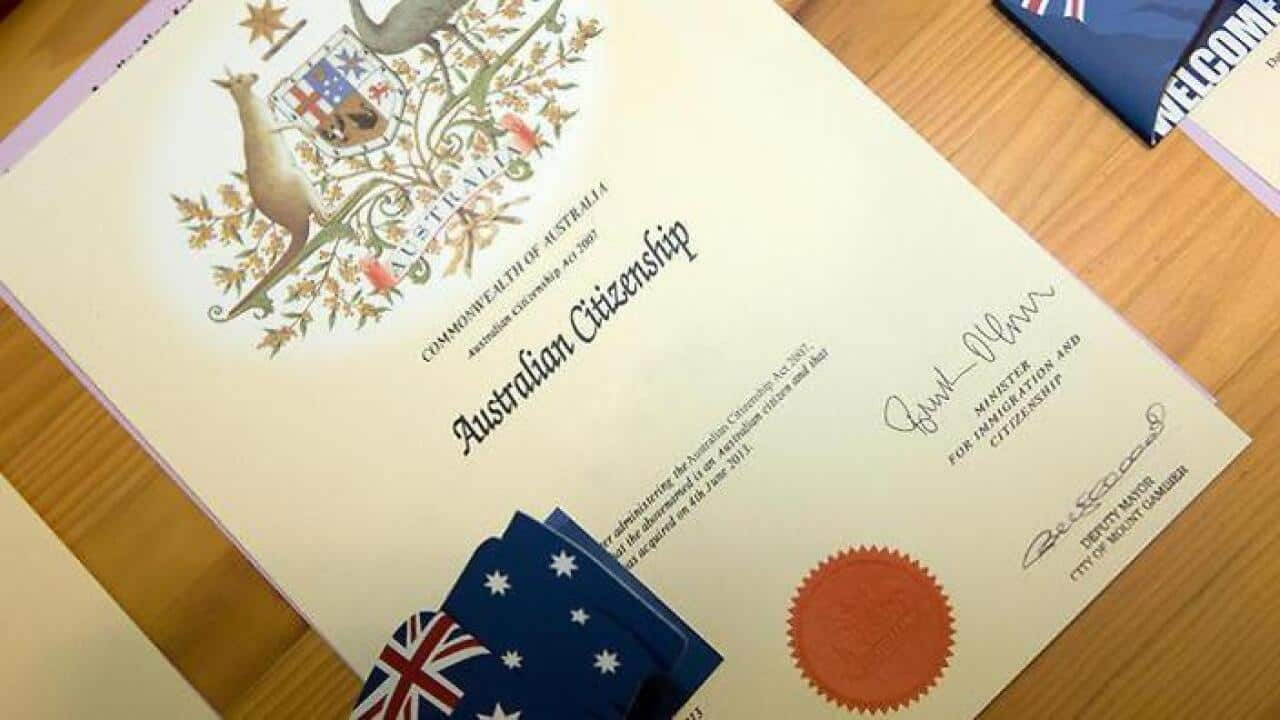In what’s believed to be the first of its kind case, the British Home Office has revoked the citizenship of a man of Indian origin on the grounds that at the time of applying for his citizenship, the man lied about the fact that he was sexually abusing a child.
The man identified as RSD, was found guilty of grooming and raping a 7-year-old male child within his family between 2003 and 2010. He was sentenced to 14 years in jail and placed on sex offenders register for life in 2011 after being convicted of 23 counts of sexual abuse of a child.
The man who migrated to Britain in 1997 and became a British citizen in 2004, won the appeal against the decision. However a senior judge ruled in favour of the British Home Secretary’s decision to strip him of the British Citizenship on the grounds that he lied in his citizenship application, reported.
During the hearing of the matter at the country’s immigration tribunal, the Judge said: "It is my conclusion that the appellant obtained naturalisation in 2004 by deliberately concealing material facts."
A spokesperson for the British Home Office said the power to strip citizenship is used only in exceptional cases.
“Any British Citizen may be deprived of his or her citizenship if the Secretary of State is satisfied that it would be conducive to the public good. It is a power used for extreme and exceptional cases.”
“Deprivation on conducive grounds can be used where individuals pose a threat to national security, or have been involved in war crimes, serious and organised crime, and unacceptable behaviours such as extremism or glorification of terrorism, unless to deprive would render them stateless.”
Dual citizenship
Legally, a person can only be stripped of citizenship of one country if they are a dual national. Otherwise, a person not holding dual citizenship, if stripped of his citizenship would be rendered stateless.
All Indian nationals have to renounce their Indian citizenship on acquiring the citizenship of another country as the constitution of India doesn’t allow dual citizenship.
However, the Indian parliament passed a law in 2003 that now enables Indians who acquired citizenship of counties other than Pakistan and Bangladesh to obtain the Overseas Citizenship of India (OCI) which is granted on a case-to-case basis upon an assessment of their application.
An OCI works as a lifelong visa to visit India and allows the holder to stay for any length of time without reporting to police authorities. However, it doesn’t afford voting rights.
Laws in Australia
Under the Australian law, a person’s Australian citizenship by conferral may be revoked if the person after lodging the citizenship application, has been convicted of a serious offence or became an Australian citizen by committing a migration fraud or if it’s determined that it would be contrary to the public interest for the person to remain an Australian citizen.
The revocation of citizenship is reserved for dual citizens to make sure such an action does not render a person stateless.
In a bid to make it easier to strip dual national Australian extremists of their Australian citizenship, proposed laws have been introduced in Australia’s parliament last month. Under these changes, any conviction under terrorism offences would be enough. The Minister of Home Affairs would only need to be “reasonably satisfied” that they were citizens of another country.





